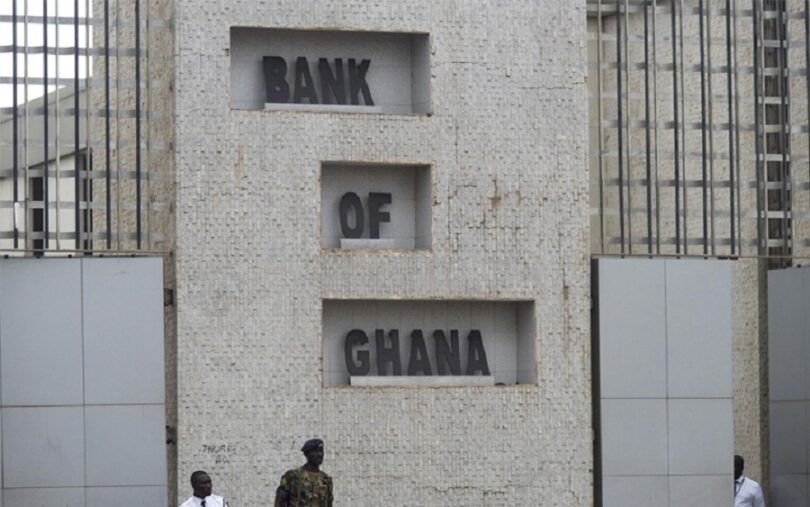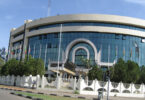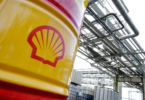For the second time in a row, the Bank of Ghana has maintained the country’s interest rate at a record 30% as they hope to further lower the country’s inflation rate from its present 35.2%.
The country’s apex bank also increased the cash reserve ratio on bank deposits to 15% from 14% effective from November 30.
Between November 2021 and July 2023, the Bank of Ghana hiked the country’s benchmark rate from 13.5% to 30%, even as the country’s inflation spiked from 12.2% to 35.2% within the same period, peaking at 54.1% in December 2022.
According to Ernest Addison, the Governor of the Bank of Ghana, keeping the interest rate at 30% was because,
With an inflation rate of 35.2%, Ghana is quite a long way out from its central bank target of 10%, however, the country has hit its base effect, causing inflation to slow down.
Post-COVID, Ghana entered into what has been termed “the worst economic crisis of a generation”, causing the country to seek intervention from the International Monetary Fund.
A crucial part of the requirements for the $3 billion loan from IMF included Ghana’s restructuring of its $50 billion debt. Also in 2022, the country’s currency, Ghana Cedi depreciated by over 55% causing the price of goods and services to spike, causing a cost-of-living crisis.
After receiving its first tranche of $600 million from the IMF in May 2023, the country’s economy began to turn a corner as its inflation rate has continuously declined since then.







